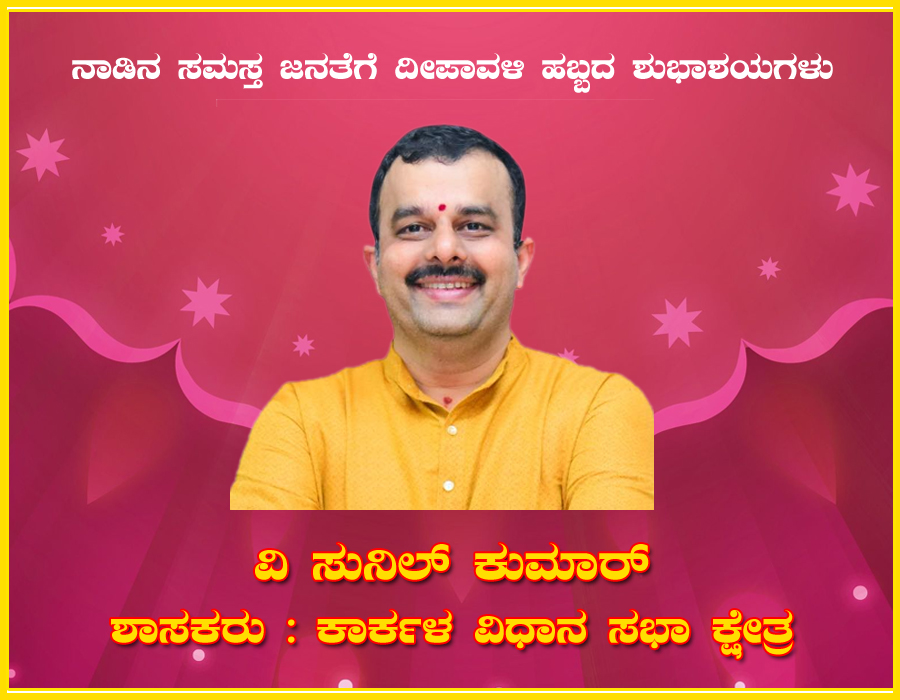Govt. Schools Have To Be Models Not Underlings
7:24 PM, Wednesday, June 30th, 2010Mangalore : The universal education system has come into effect in 2009-10 in all primary schools for first and second standards under the “Kali-Nali” (learn an feel happy) scheme for tiny tots under the state govt. dispensation. This facility of compulsory learning at the cost of child labour is now extended to third standard at the primary level, where teaching is done in the mother-tongue or state language (Kannada) or English in such medium of instruction mostly in private schools. Earlier the compulsory education was applied experimentally in certain selected schools. Presently, around 41,000 Primary ( Govt.) schools practise this system
All children need education which helps them basically to read books and understand, even as they see on television and feel attracted. The primary learning cannot be hard on them but only a play at their tender absorbent age. They will learn fast and enthusiastically, if guided well. Text-books if any have to be pictorial and easy to follow with everyday atmosphere of social life being reflected in the lessons.
The “Kali-Nali” system works on 3 levels : happy learning, self-learning and speedy absorption (at one’s own speed). It is prevalent from 1st to 9th class (or standard) already. However, in Dakshin Kannada region, the wards of children have been slow in warming up to the new method. The traditional class has desks and seats, kids sit and listen to the teacher, and see the black board whereas the ‘learn and feel happy’ system is practiced on the floor of the class-rooms ! there is no reading or writing, but it is all play.
The change in educational system has to catch up not with kids, it seems, but with elders.
Simillar Posts
Warning: count(): Parameter must be an array or an object that implements Countable in /home/megamcaq/public_html/wp-content/plugins/post-plugin-library/common_functions.php on line 357
- None Found
Leave a Reply
© Copyright 2008 www.megamedianews.com All Rights Reserved. Privacy Policy








 Posted in
Posted in  Tags:
Tags: 






